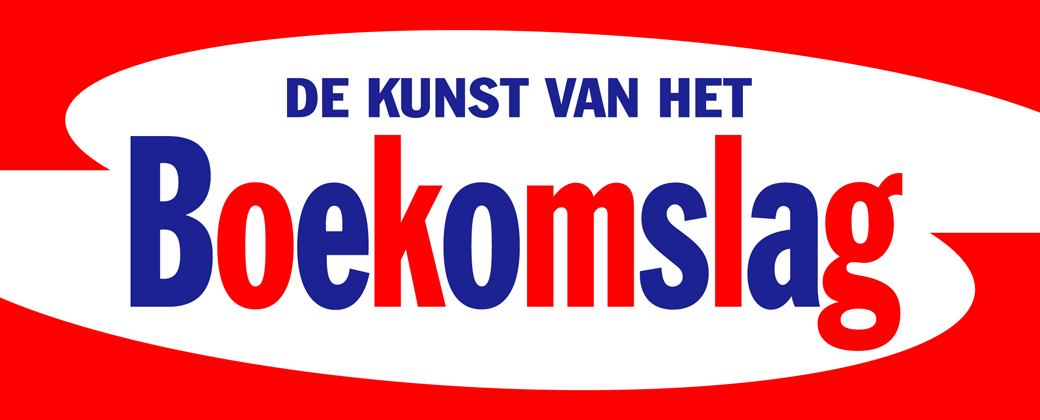3-4 June 2021 | University Amsterdam
Within late capitalism, developments in the natural sciences, digital information technologies, and the study of ecological systems have altered the shared understanding of the basic unit of reference for the human. Critical posthumanism (Braidotti, 2016) works as an analytical tool that allows one to expose restrictive structures of dominant subject-formations as well as expressing alternative representations of subjectivity. This posthumanist agenda intersects with New Materialism (van der Tuin, 2012), building a discursive and material production of reality. Knowledge production is understood as situated and embodied visions (Haraway, 1988). Materialist feminism, with the speculative turn (van der Tuin, et al. 2015), develops analytical tools to think beyond the limit of human perception, refusing to make a separation from (non)human subjecthood.










